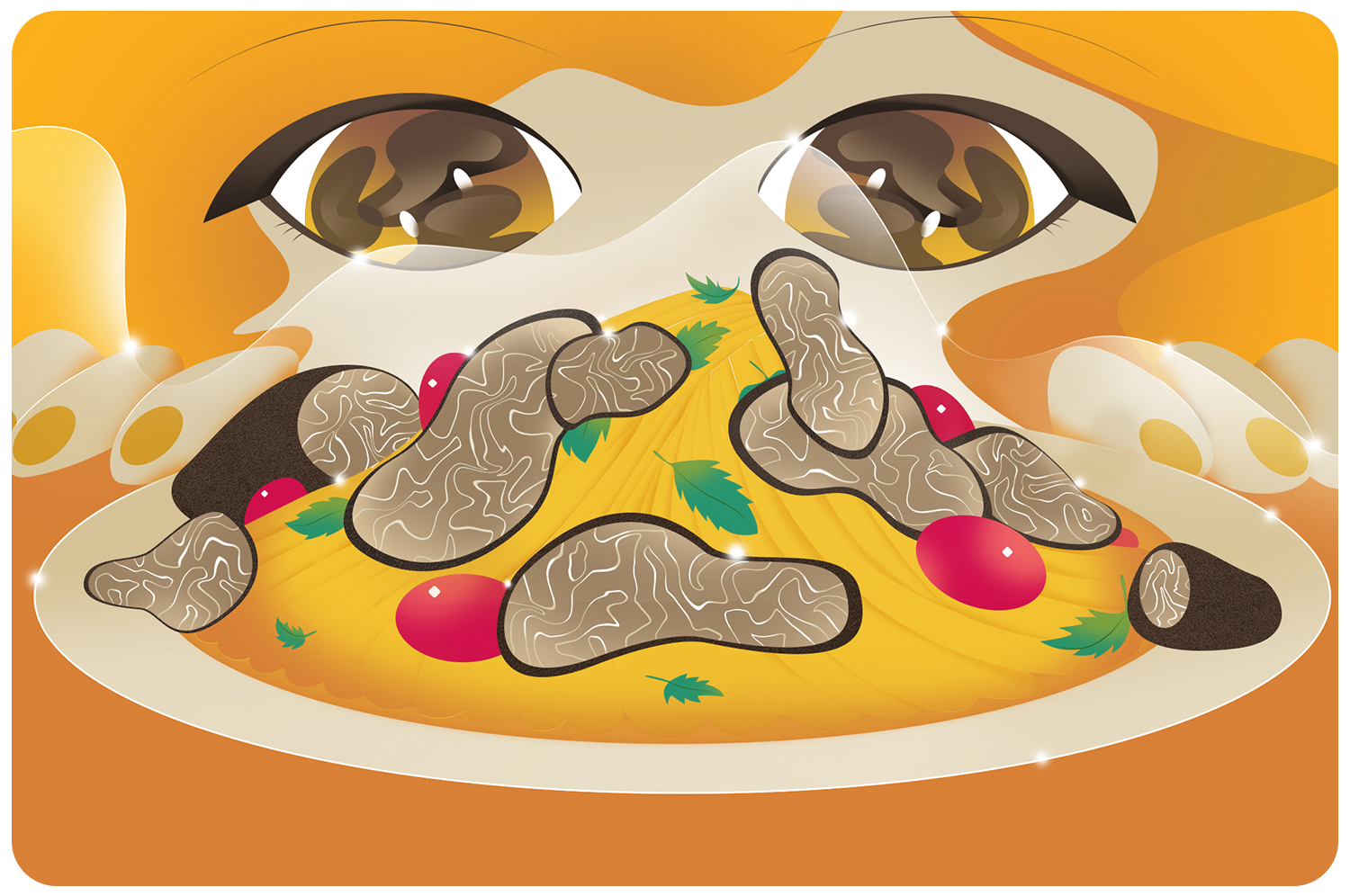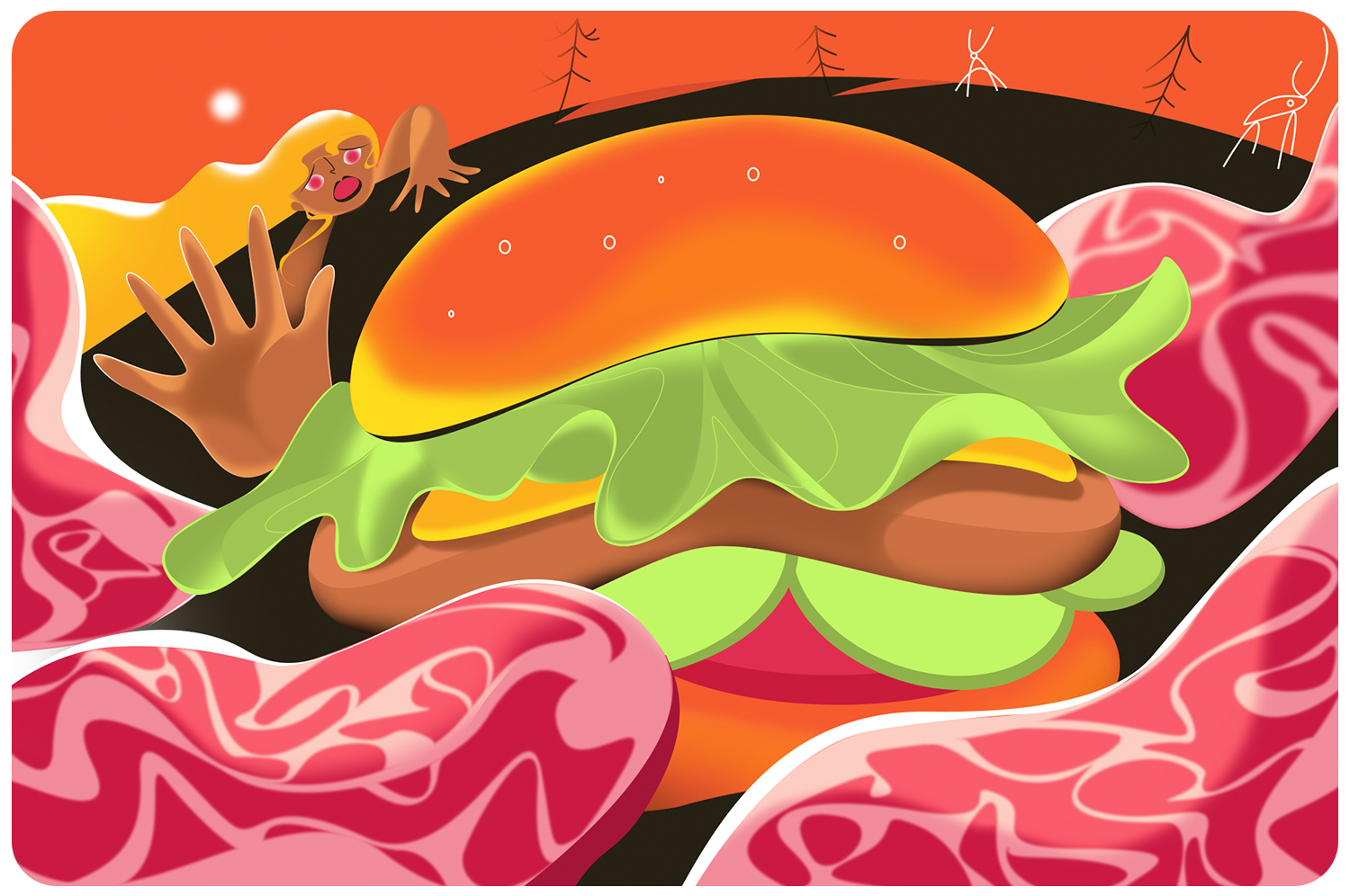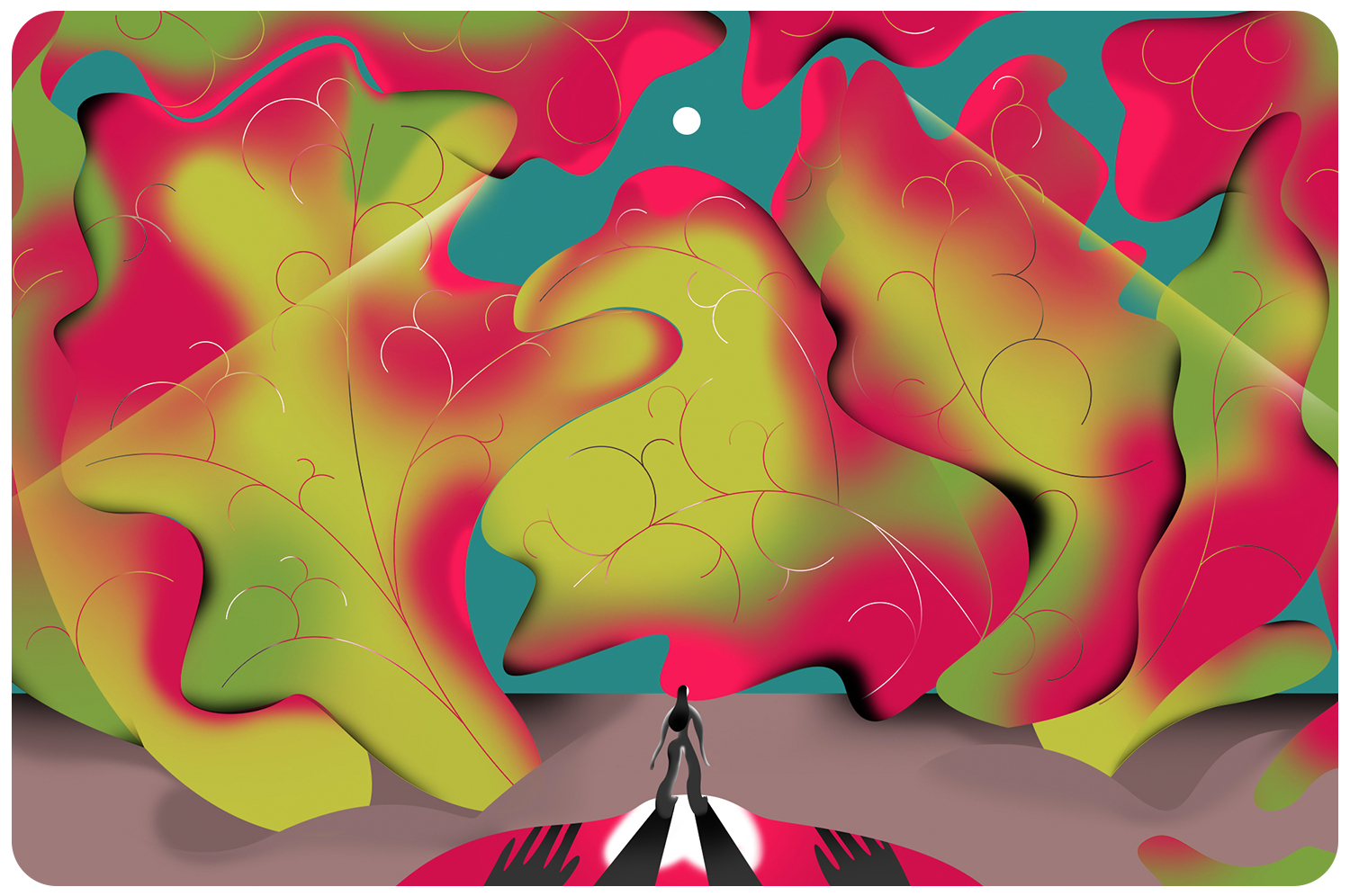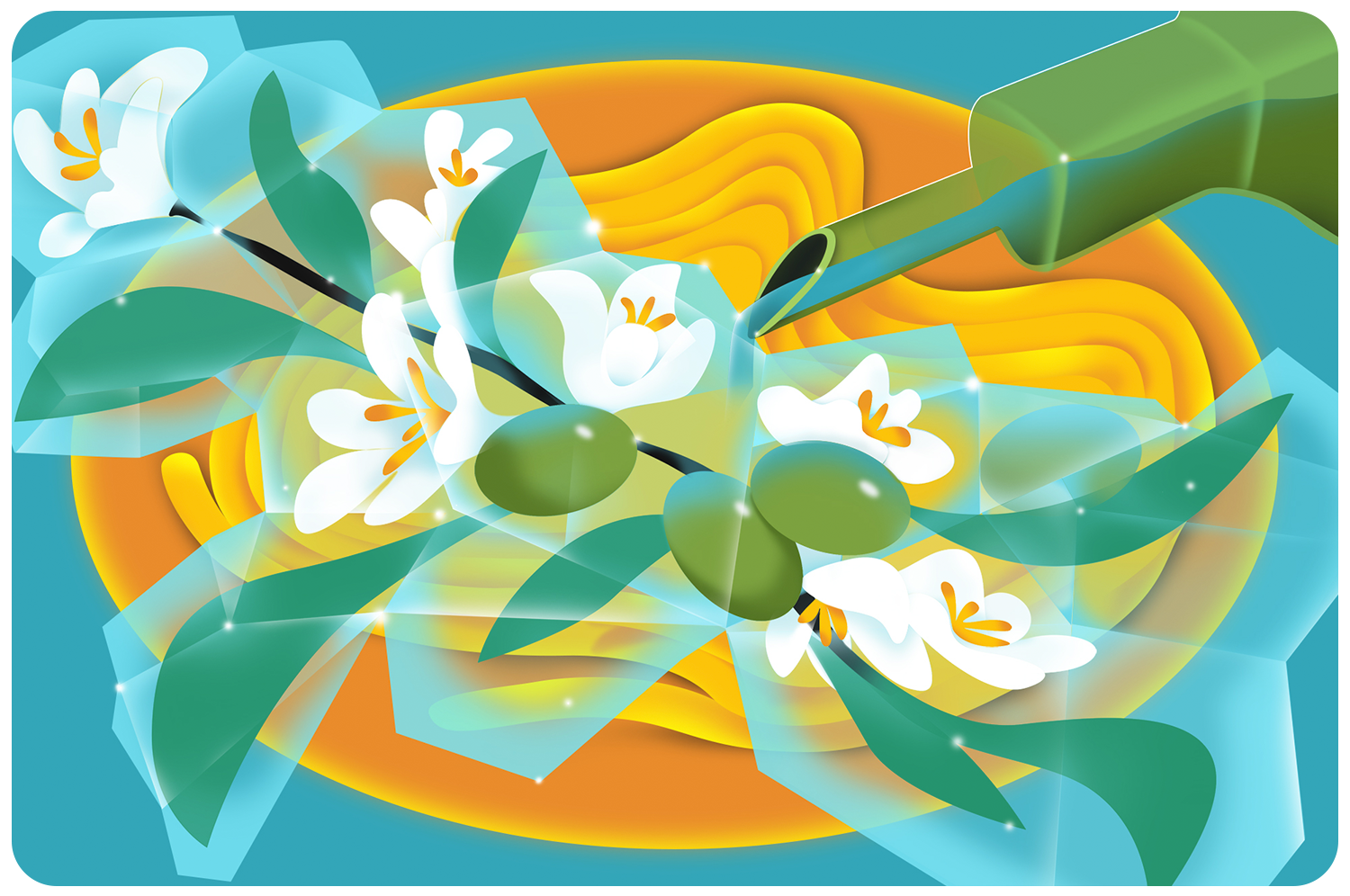
After a year defined by a global struggle against a civilization-altering crisis, it’s almost too much to consider that another, even more catastrophic plight is bearing down on us. But it’s impossible to overstate the magnitude of the climate crisis, which is set to radically upend the existence of every person and creature on the planet.
The parallels are more than superficial: Like the pandemic, the solutions to climate change are circumscribed by an entanglement of the state and the individual, the structural and the personal. The failures to combat it are even more profound than the ones that allowed COVID-19 to kill millions around the world. After decades of hoping the next generation would figure out how to pay down the climate debt of their parents and grandparents, cataclysm can now only be averted — or, more realistically, ameliorated — by a radical and immediate realignment of priorities at the global level (e.g., dismantling capitalism as we know it). Yet the everyday actions of individuals — every plane ride, every Big Mac, every plastic straw (just kidding, sort of) versus each bicycle trip, each vegan bowl, each reusable cup — also accrete into consequence. And the response to the pandemic from both state and person, particularly in the West, yields depressingly little hope for how we will handle the next existential challenge.
As dramatically as climate change stands to literally remap the planet, no effects will be more profound than those on ecology — which is to say, in large part, our food system. It is reshaping the life that once teemed in our oceans, and that billions of people rely on for sustenance; it’s complicating the growing conditions for everything from everyday lettuce to rarefied truffles; and it’s making the act of eating beef more indefensible with each passing year. Even if you’ve had the luxury of paying no mind to climate change, you will eventually taste it.
People get “stuck on” climate change in part because the problem feels too immense to grasp, with each contributing factor complicated by its reaction to countless others. On the surface, some people may even “win” the climate lottery — more wine! from Michigan! More truffles! from everywhere! — and some might suffer more than others — climate change will only amplify already-existing inequities. But in the end, one thing’s for certain: Change is coming for all of us.
Will Climate Change Lead to More Black Truffles? It’s Complicated.
Dying Planet or Not, Americans Won’t Stop Eating Beef
The Link Between Deadly Lettuce Outbreaks and a Warming Planet
Extreme Weather Is Wreaking Havoc on Olive Oil Production
We’re All Learning to Love Jellyfish Now
Warmer Temperatures Could Mean More Grapes for Midwest Winemakers — but Also More Bad Weather
Editorial lead: Erin DeJesus
Creative director: Brittany Holloway-Brown
Contributors: Virginia Gewin, Nadra Nittle, Paola Rosa-Aquino, Jaya Saxena, Elazar Sontag, Jenny G. Zhang
Illustrator: Yadi Liu
Editor: Matt Buchanan
Copy editors: Emma Alpern, Rachel P. Kreiter
Fact checkers: Andrea López Cruzado, Olivia Exstrum, Kelsey Lannin, Rowan Walrath
Engagement editor: Adam Moussa
Project manager: Ellie Krupnick
Special thanks to Milly McGuinness, Brenna Houck, Amanda Kludt
Source : food






Posting Komentar
Posting Komentar